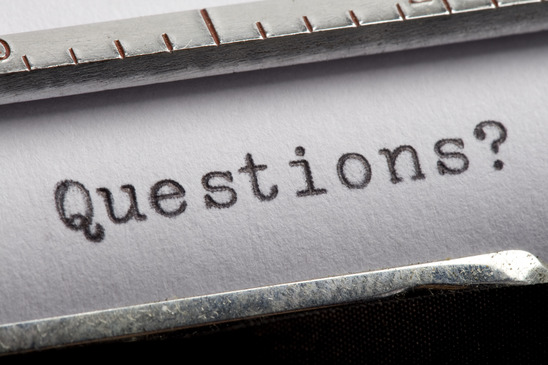FAQs About Wisdom Teeth Removal

Wisdom teeth are also known as third molars. Most of us get four wisdom teeth; these are the last four teeth to erupt usually in the late teens or early twenties. In many cases, these four teeth erupt without any problem; but when wisdom teeth create overcrowding or become impacted it is time to consider having them extracted. Some questions you may have include:
Can my dentist remove my wisdom teeth? If teeth have fully erupted and there doesn’t appear any complications might occur, your dentist may perform the extraction. But many dentists will refer you to an oral surgeon.
What kind of anesthetic will be used? Depending on the complexity of your specific extraction, your oral surgeon may advise one of three methods commonly used in out-patient oral surgery. A local anesthetic may be used; the patient may select oral sedation in addition to using the local anesthetic, or your oral surgeon may recommend sleep sedation.
Will I have much pain following the procedure? The severity of the extraction usually dictates the response to this question. A simple extraction may be managed with an over the counter analgesic; a more complex procedure may respond better with a more powerful prescription pain reliever. Your oral surgeon will help determine what you will need the following treatment.
Can I return to work or school after the procedure? Your oral surgeon will strongly suggest you go home and rest for the remainder of the day. This will help keep bleeding more controlled. You may experience some bruising or swelling – Ice packs applied to the jaw may help to limit.
Will I need to modify my eating and drinking? And for how long? Soft foods are recommended for a couple of days – try to avoid eating anything hard, sticky, or crunchy until the areas are healed. If a medication was prescribed, avoid alcohol. Do not drink anything using a straw for several days to avoid dislodging the blood clot.
Wisdom teeth removal is a very common procedure – if you follow the instructions given you should have minimal disruption to your daily schedule. For more information or to schedule a consultation, contact our team at Stonebriar Facial & Oral Surgery today.
